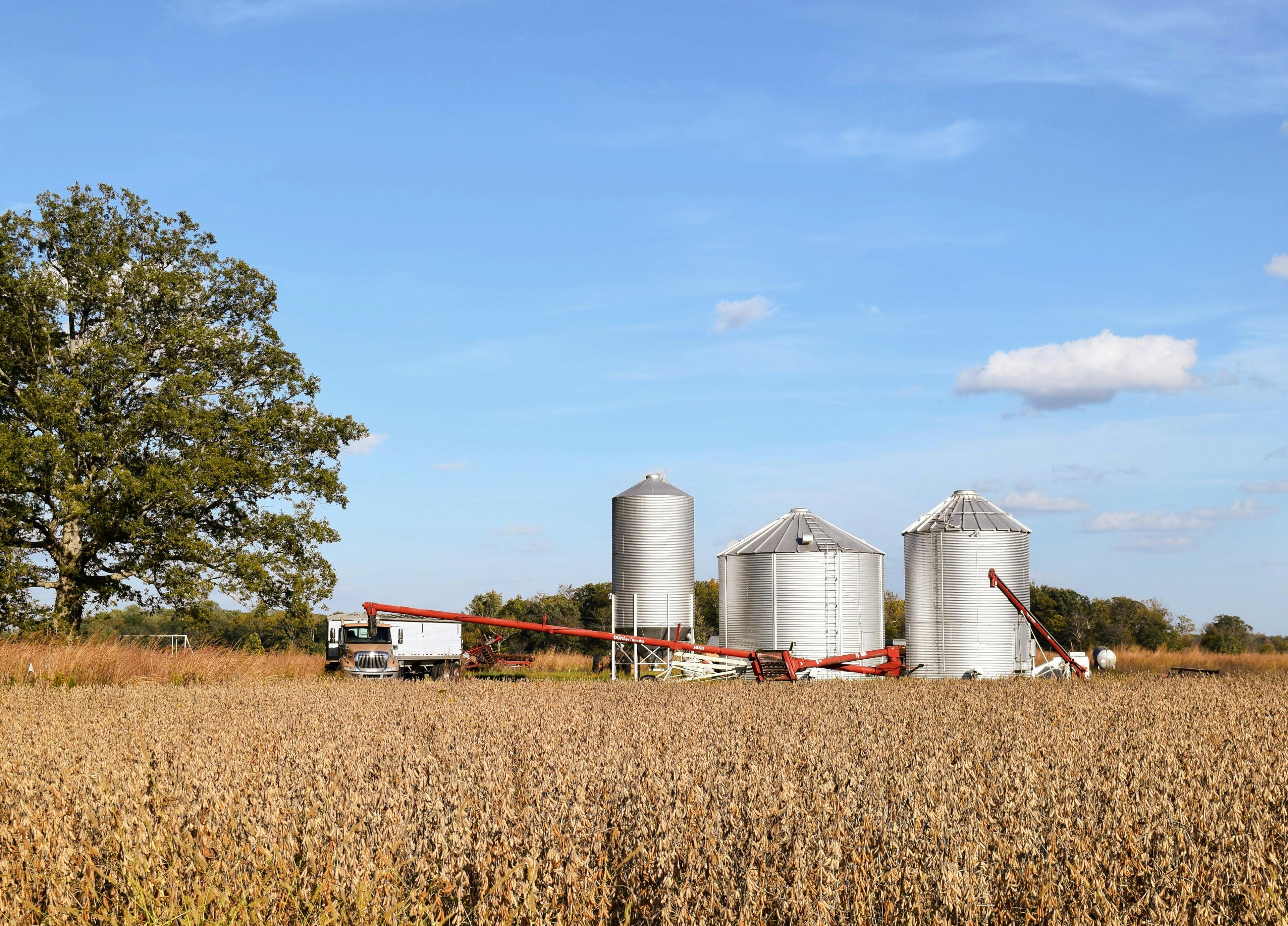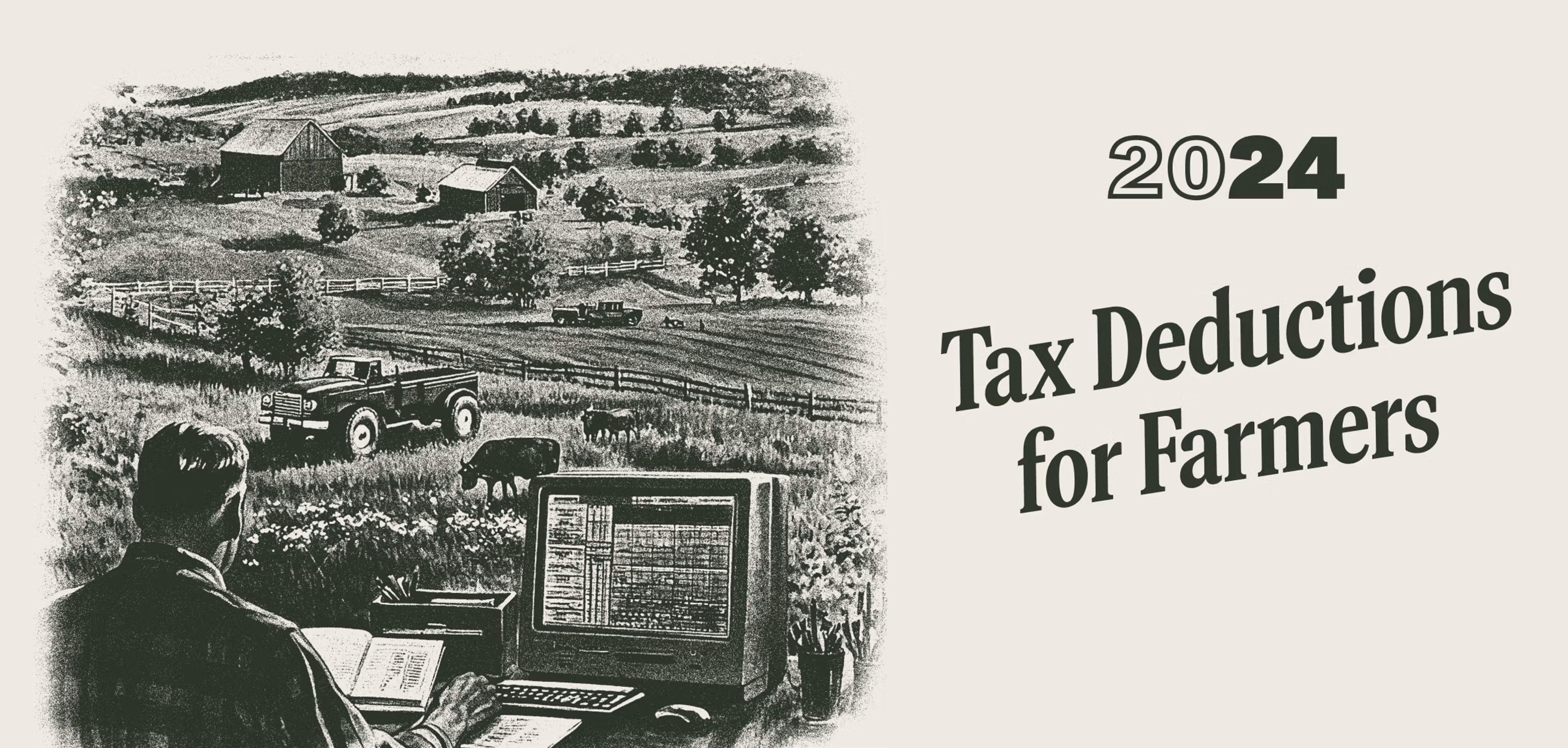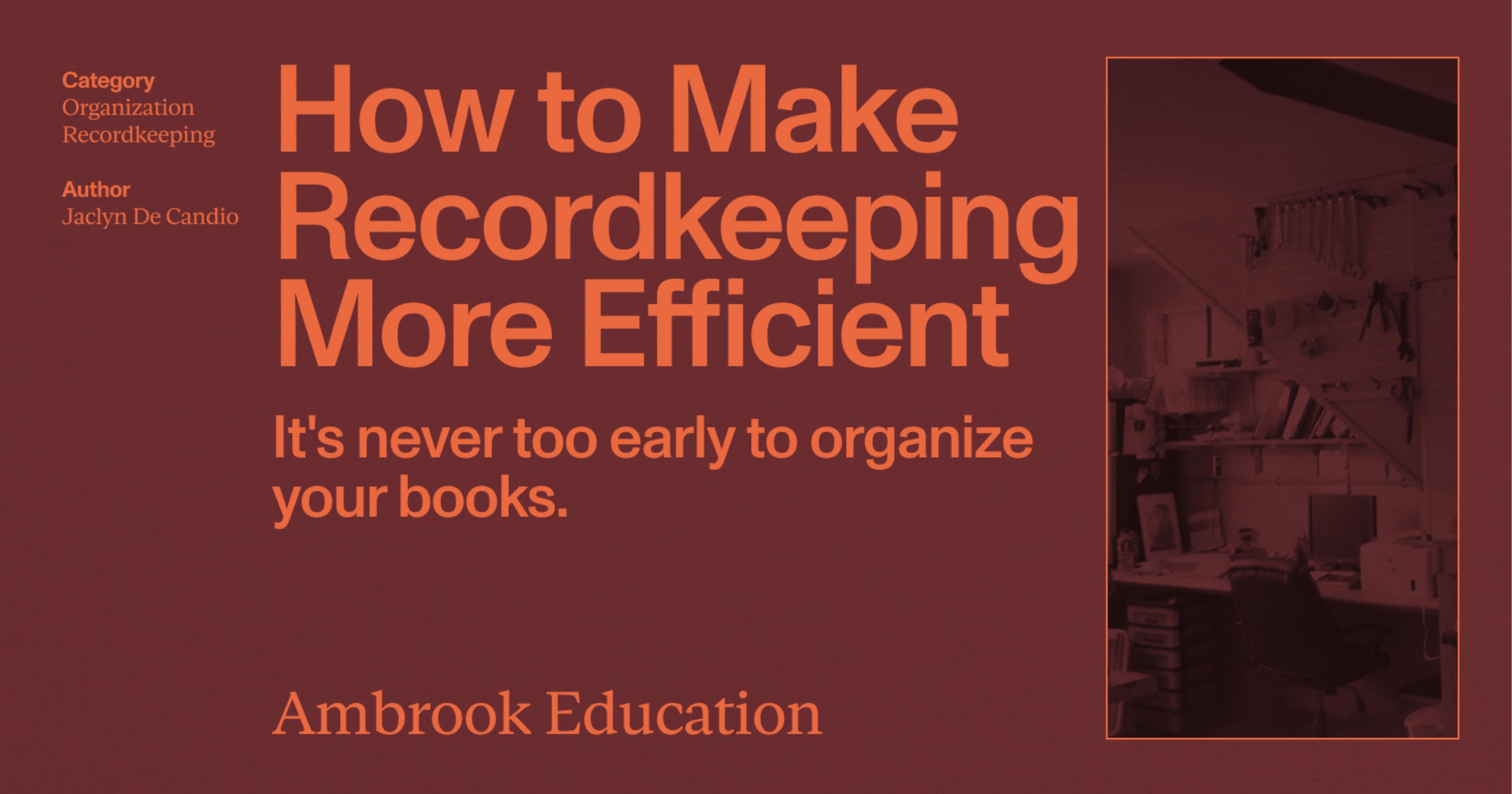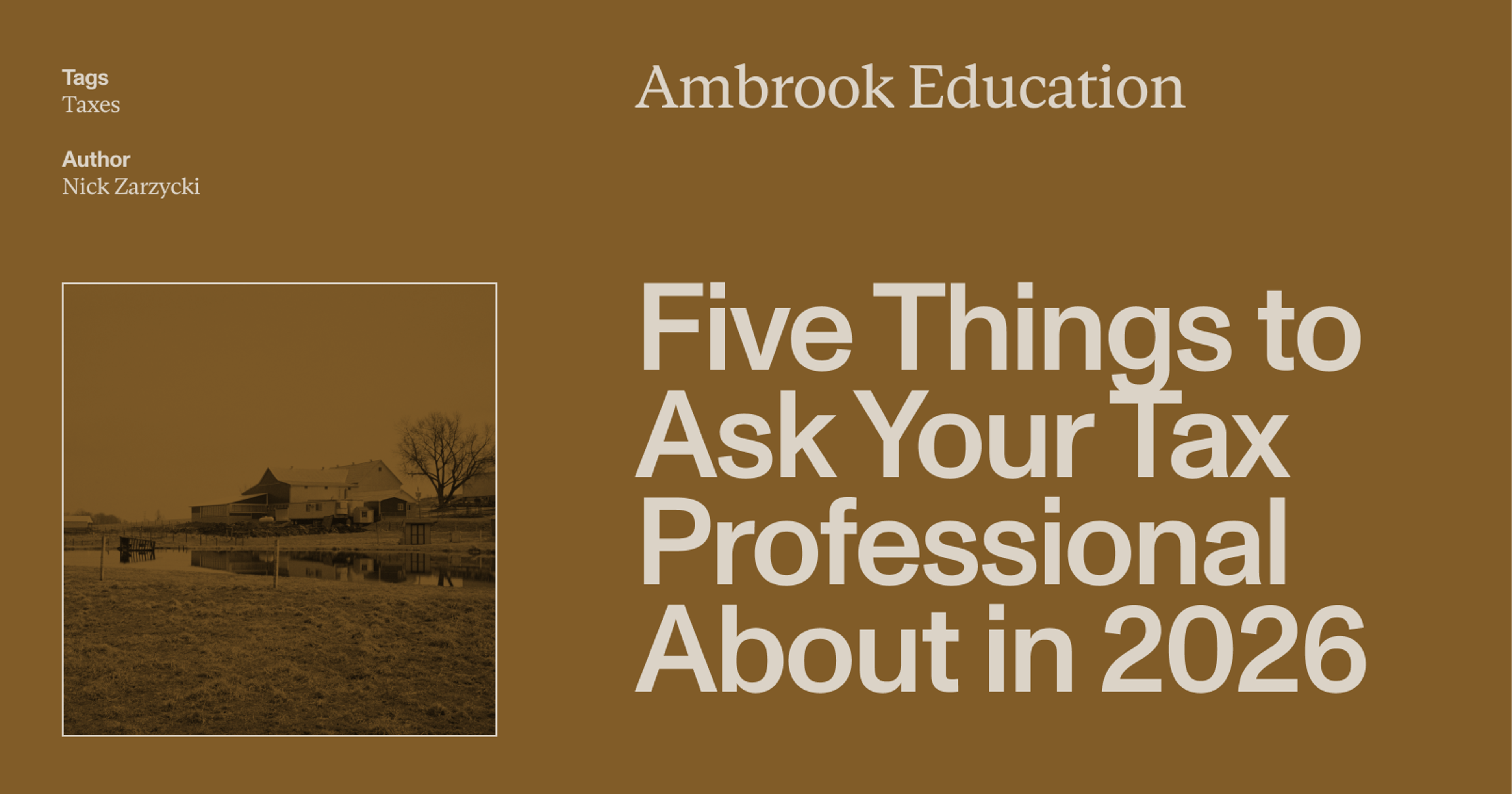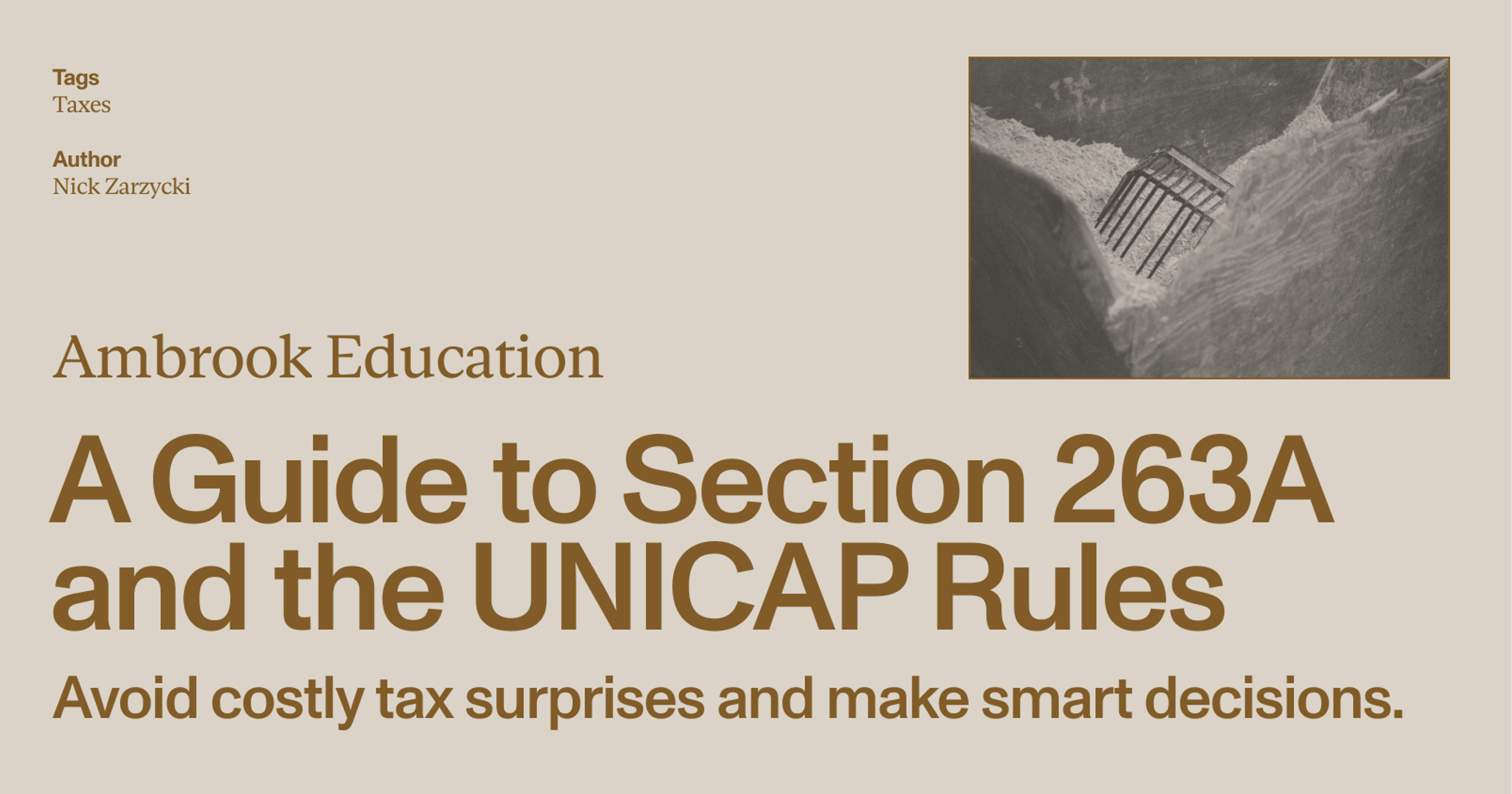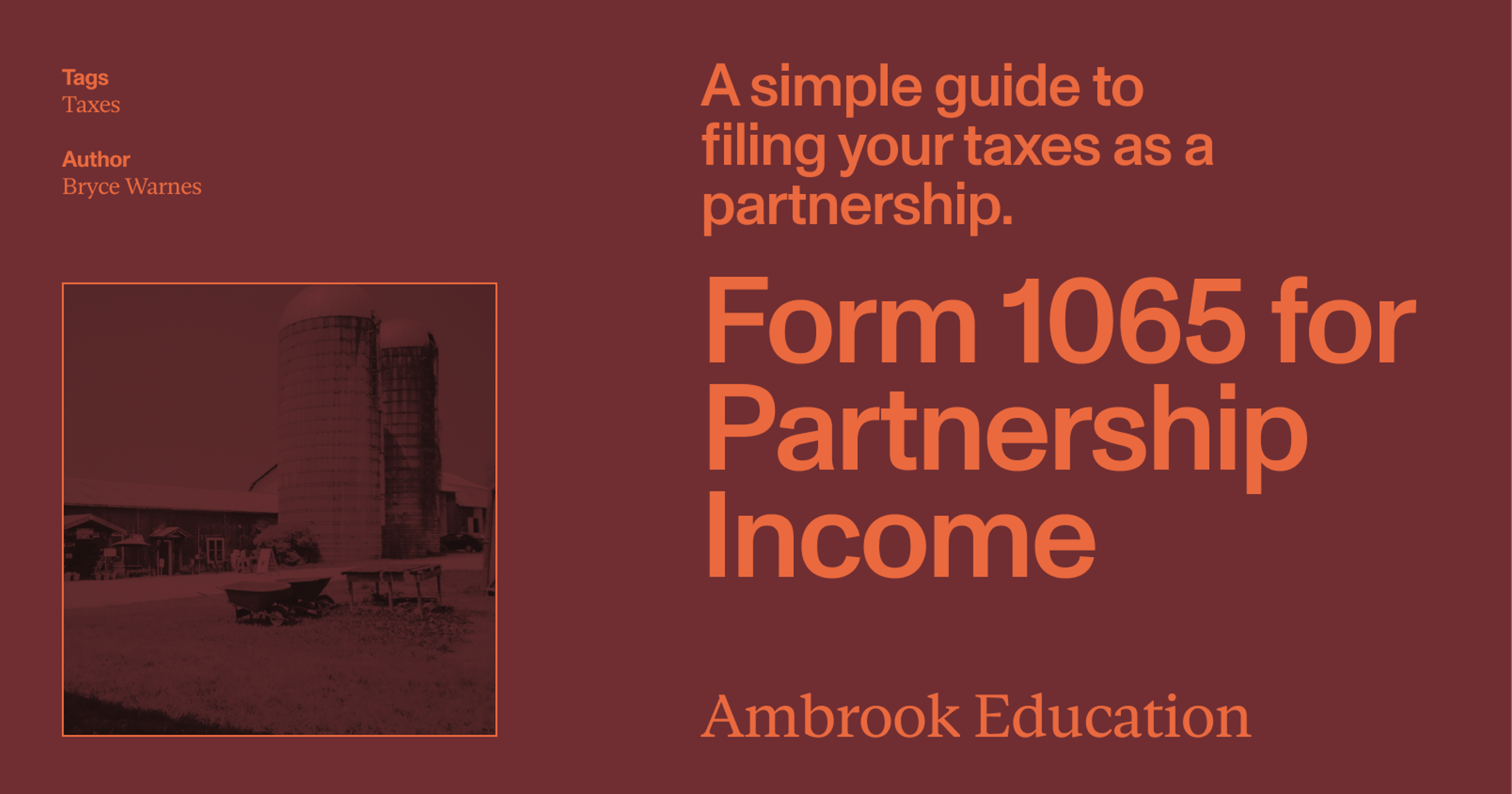Be wary of tax schemes, ask for referrals, look for the right certifications, and find someone with experience helping farmers.
A good tax preparer can help you save money and get peace of mind, but they’re also especially important in agriculture, where operators deal with complicated tax rules, specialized government funding programs and a unique business cycle.
Here are some things to keep in mind as you search for a tax preparer for your farming business.
1. Find someone with experience preparing tax returns for similar farming businesses
Look for someone who’s worked with other farmers with similar acreages and revenues to your own. A good place to search is your community. Ask farmers you know personally for recommendations and use the IRS’s online Tax Preparer Directory to find tax professionals close to you.
Ask any prospective tax preparers whether they have experience filing farm tax forms like Schedule F and dealing with farming-specific tax issues like income averaging, crop insurance payments and casualty losses.
Be sure to also ask them how they like to work, whether they charge by the hour or by the form, and whether they offer year-round accounting and tax consultation services.
2. Look for the right certifications
In addition to holding a PTIN (preparer tax identification number), your tax preparer must have some kind of education in federal, state and local tax law, usually by way of a post-secondary degree in accounting or law.
Certified Public Accountants (CPA), Tax Attorneys and Enrolled Agents (EA) are the most popular options, and they’re also the only tax professionals allowed to represent you in an IRS audit proceeding.
Annual Filing Season Program Participants, Licensed Tax Consultants and Certified Financial Planners can’t represent you in front of the IRS, but they might be able to help you file a return depending on your state.
3. Be wary of tax schemes targeting farmers
Look out for scams and anyone making bold claims about getting you bigger refunds. Some common red flags include charging percentages, asking to be paid in cash, and refusing to sign the tax return they’re preparing.
The IRS’s annual ‘Dirty Dozen’ list of popular tax scams includes several schemes targeting farmers, including Employee Retention Credits, charitable remainder annuity trusts and monetized installment sales.
If you suspect a tax preparer might be involved in a scam, you can ask the Better Business Bureau, check the status of their license with their local state Board of Accountancy if they’re a CPA, the state Bar Association if they’re an attorney, or the IRS website if they’re an EA.
For more on identifying tax preparation scams, check out the IRS’s guides to selecting a tax preparer and recognizing tax scams.
4. Save money with better recordkeeping
Many tax preparers bill by the hour, and better recordkeeping on your part can save them time and save you money.
Before you hire a tax accountant, get the basics right on your own first. Separate your business and personal finances, get a business checking account, and set up a good recordkeeping system, preferably one that you’ll actually use.
Make Tax Season a Breeze with Ambrook
Ambrook’s Schedule F category tags are tailor-made for farming businesses, saving you hours on tax prep. With features like automated financial reporting, simplified bookkeeping, and effortless bill pay and invoicing, Ambrook is more than just a farm tax and accounting tool: it takes the guesswork out of running your business. Want to learn more? Schedule a demo today.
Want to learn more about Ambrook?
This resource is provided for general informational purposes only. It does not constitute professional tax, legal, or accounting advice. The information may not apply to your specific situation. Please consult with a qualified tax professional regarding your individual circumstances before making any tax-related decisions.

